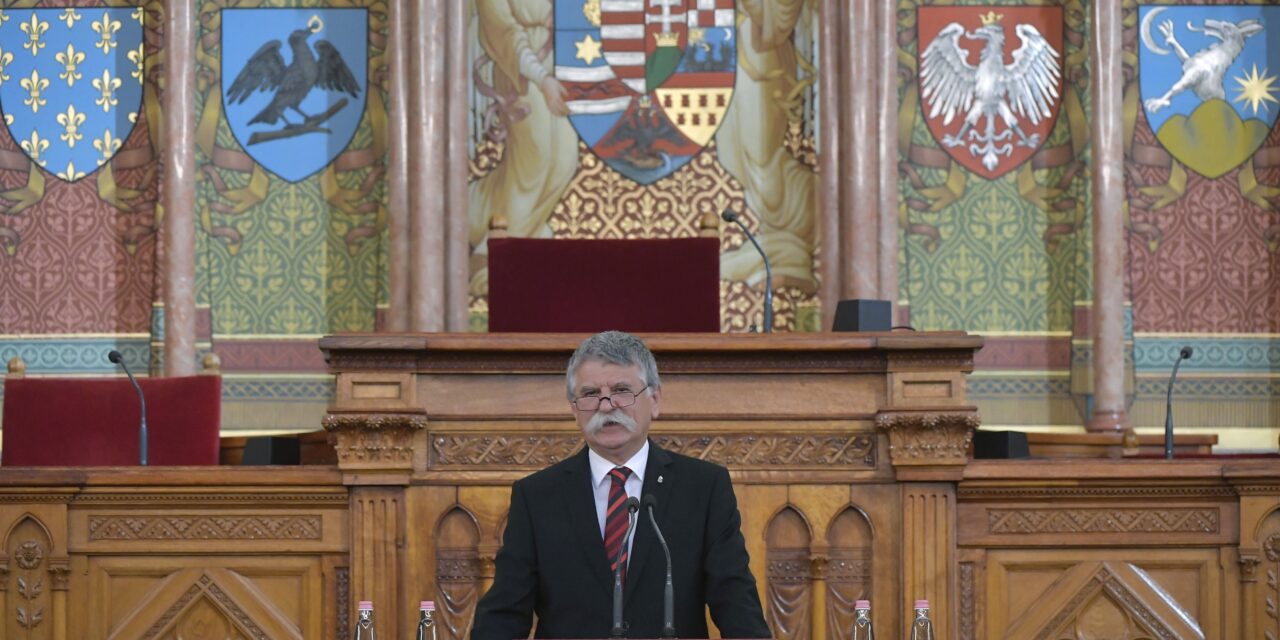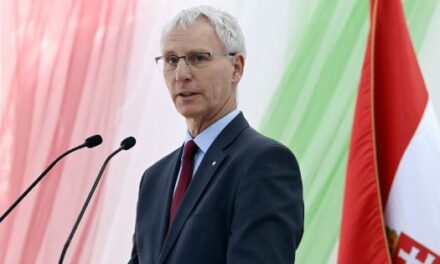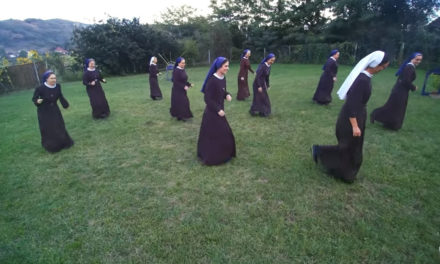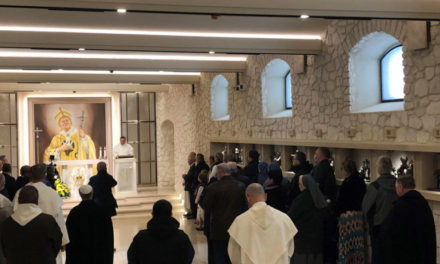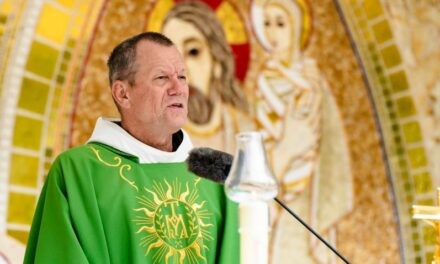He called the restoration of the harmony of faith and reason the most important thing for education and churches in the 21st century. of its common task in the 20th century, the President of the Parliament held a conference on the occasion of the 30th anniversary of the founding of the Károli Gáspár Református University (KRE) in the upper chamber of the Parliament.
László Kövér stated that he is convinced that without restoring the harmony of faith and reason in the Western world, there is no chance of solving the political, economic, social, cultural or even environmental problems that are "knocking louder and louder" at the doors of the nations.
According to the speaker's assessment, the effort to contrast faith and reason is not a "burden weighing on us as a fate" of some kind of zeitgeist, but the result of "raw aspirations for power".
The groups of forces that want to dominate Europe in a political, economic and financial sense must, above all, subjugate the European people in a mental sense, which is why they want to cut off all transcendent connections, he said.
He added: this is why the Christian Church is under "continuous psychological and political siege" in Europe today, and why they want to turn the European education system and universities into instruments of political power determined by the so-called progressive ideology.
László Kövér addressed the following: a person deprived of all certainty first drifts into insecurity, then into fear, loneliness and despair, and finally surrenders helplessly to those who in the future want to subject him to a technological dictatorship more inhumane than any totalitarian ideological dictatorship known in history. This is the 21st century. the greatest danger lurking for the people of Europe in the 20th century - declared the Speaker.
László Kövér also said that it is a source of pride and self-confidence for us, Hungarians, that for more than a thousand years "by preserving our own Christian soul, we could and can contribute beyond our power to the protection of the European soul, to the maintenance of the harmony of faith and reason".
He put it this way: "due to our geographical and historical circumstances, living at the crossroads of world religions and world empires for more than a thousand years, we were able to preserve ourselves by listening and wanting to hear God", adding that thanks to the Reformation and the Bible translator Gáspár Károli, we can listen to and preach the word of God in our mother tongue, Hungarian . In his view, this is one of the secrets of the survival of the Hungarian nation in the turmoil of history.
For all of this, Gáspár Károli deserves eternal respect and thanks to all those who keep his spiritual legacy alive, he emphasized.
Reformed bishop Zoltán Balog, the ministerial president of the council of the Hungarian Reformed Church, identified it as the task of the reformed university to "offer" its students and teachers the knowledge of "life conceived in Christ".
This life is contained and can be contained in everything, and the higher vocation of the Christian sciences is precisely to seek and present this life in all sciences, in the beauty of nature and in the natural sciences as well as in the spiritual sciences, added Zoltán Balog.
He emphasized: Christian truths are truths of life if there are people who live them. This was the life lived by the first disciples, the Church Fathers, the Reformers and the Christian martyrs of the twentieth century. Regarding the future of Christianity, the determining factor will be to what extent and momentum the Christian communities succeed in conveying the message of Jesus Christ to the world as a real life program, he said, adding that this is also possible with the tools of science.
Zoltán Balog thanked for the fact that even 30 years ago there were people who were looking for the truth, the way of life. He highlighted the role of Lorán Hegedűs, the then bishop of the Reformed Church District of Dunamellek, whose "decision taken in faith overcame the resistance of many, convinced many of the meaning of this decision".
In his greeting, Cardinal Péter Erdő, Archbishop of Esztergom-Budapest, called the education and research of believers in the secular sciences "the common cause of all of us", adding that this task poses an extraordinary challenge to the entire community of universities.
The cardinal touched on the fact that the situation of Hungarian church universities is unique, in international terms, the fact that religiously committed universities operate as public service institutions with state funding. He noted that the financial capacity of Hungarian society is limited, so a university of considerable size and cost could hardly be sustained by private means.
Balázs Hankó, the Secretary of State responsible for innovation and higher education at the Ministry of Culture and Innovation, emphasized that KRE, founded 30 years ago, is worthy of the list of Reformed schools with a famous historical past.
He indicated that the government will continue to provide all the support for the mission of the university, as before. They provide the resources for the development of the campus, because they know that value is born between the walls that are being built and renewed, knowledge that serves to strengthen the entire nation, added the state secretary.
MTI

